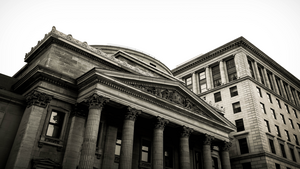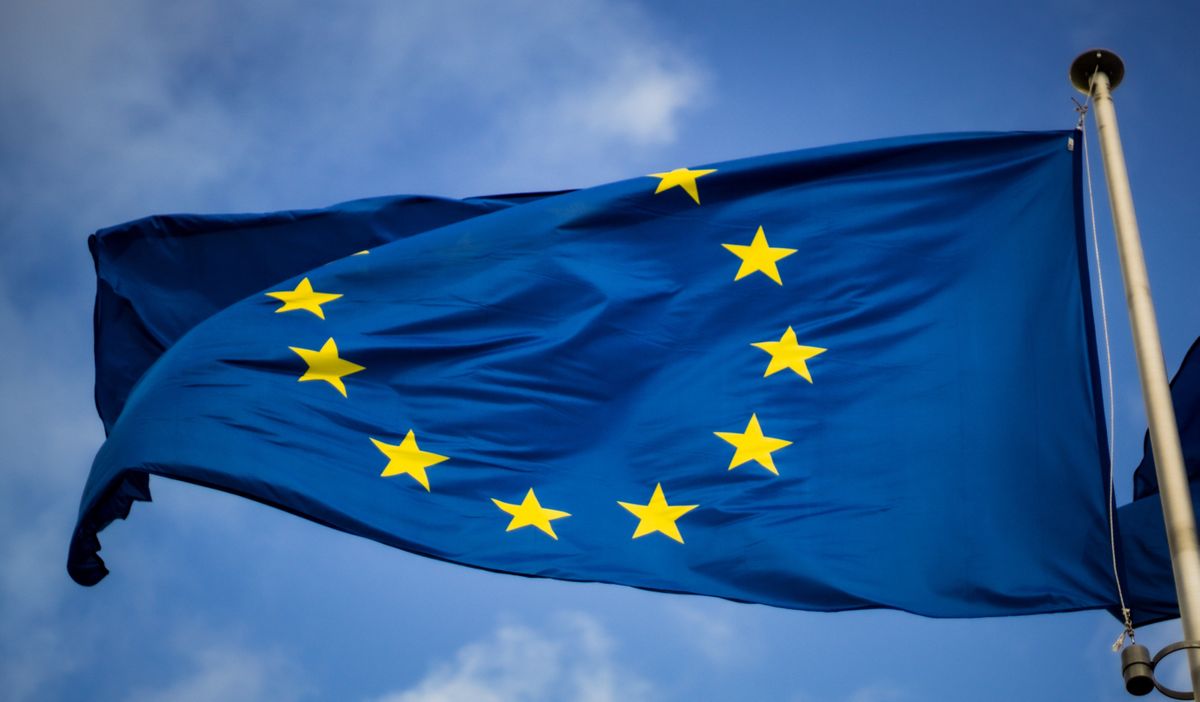S&P 500: 1.01% DOW: 0.66% NASDAQ: 1.99% 10-YR: 3.97%

Last Week on WallStreet - July 29th, 2023
What Happened?
A tsunami of news flooded Wall Street this week as investors contended with peak earnings season, multiple central bank decisions, and economic data releases. Earnings arguably played the largest role in performance as powerhouses Microsoft, Google, and Meta reported this week. On a net basis, investors have gladly accepted this earnings season's results as companies have largely leaped over their lowered hurdles. Central bankers largely continued their hiking cycles in line with expectations while maintaining an open mind on policy decisions moving forward. However, the Bank of Japan thwarted expectations by softening its yield curve control policy, effectively tightening monetary constraints. The BoJ has remained extremely accommodative despite the global episode of high inflation.
Beneath the surface, Communication (4.8%) led the way by a landslide on the back of impressive, earnings-led performance from Google and Meta. Gains were also found by Materials (1.7%) and Energy (1.7%) names. At the bottom of the heap were interest rate sensitive sectors Utilities (2.2%) and Real Estate (1.8%).
Fed Approves Hike That Takes Interest Rates to Highest Level in More Than 22 Years
- The Federal Reserve unanimously approved a quarter percentage point increase to their benchmark borrowing rate
- This hike elevates the fed funds target range to 5.25% - 5.5%
- In his press conference, Fed Chair Powell reiterated the committee's data-dependant, meeting-by-meeting approach to policy decisions going forward
- The chair made comments indicating that a hike or a pause in rate hikes could be appropriate in September
The key takeaway - The decision to elevate rates another quarter point was a virtual certainty entering this FOMC meeting, but the press conference left a chance of some substance. Not much was there, however, as Powell rebuffed most journalist questions by repeating their intentions to take each policy decision on a one-by-one basis. The market's task is to predict how the central bank will move forward from here. In June, the Fed's dot plot, which aggregates committee member rate expectations, implied multiple rate hikes left this year. Current market sentiment disagrees and embeds a higher probability that the Fed's hiking cycle is over.
What Recession? GDP Speeds Up to 2.4% in the Spring
- The U.S. economy grew at a 2.4% annual pace in the second quarter
- Analysts had expected a 2% rate
- Consumer spending, the main engine of U.S. growth, rose at a 1.6% pace from April to June
- Businesses ratcheted up fixed investment at a nearly 5% annual pace
- Spending on services rose three times faster than outlays on goods. Americans are spending more on travel, recreation, dining out
The key takeaway - While GDP figures are a backward-looking measure, this reading demonstrates how unexpectedly resilient the US economy has been through the first half of 2023. Many thought the signs of a material slowdown seen over the last several months would have materialized by now, but robust consumer spending and labor have staved off these expectations. However, the economy should begin to see the effects of the Federal Reserve's hiking cycle on economic data. Whether those effects slow the US into a recession next year, or not, is still intensely debated across Wall Street.
European Central Bank Raises Rates by Quarter Percentage Point, Says InflationSet to Remain 'Too High for Too Long'
- The European Central Bank on Thursday announced a new rate increase of a quarter percentage point, bringing its main rate to 3.75%
- The latest move completes a full year of consecutive rate hikes in the euro zone
- The central bank did not share any forward guidance about upcoming moves
- When asked about their September meeting, ECB President Lagarde said, “There is the possibility of a hike. There is the possibility of a pause. It’s a decisive maybe.”
The key takeaway - The ECB finds itself in a more precarious situation than its friends across the pond at the Federal Reserve. Economists predict a below-trend economic growth picture for the eurozone while inflation remains in the mid-5% range despite 12 months of consecutive policy tightening. This dynamic forces the ECB to place additional pressure on their economy in hopes of moderating inflation down from nearly 3x their target. Lagarde's comments on the September meeting are the first remotely dovish words from the president throughout this cycle but gave European markets some hope of an end in sight soon.

From the Waterloo Watercooler
Gap has poached the Mattel exec credited with reviving the Barbie brand, Richard Dickson, to be its new CEO. Another example of the power of Barbie in action
The US tied the Netherlands in Wednesday’s Women’s World Cup match, raising the stakes for both teams’ next game to emerge with the most goals in group play
PacWest Bancorp, a regional lender struggling since the collapse of SVB in March, will merge with Banc of California to form Pacific Western Bank
Spotify has joined the parade of subscription services raising their prices. Spotify Premium will now cost $10.99/month in the US, up from the $9.99



